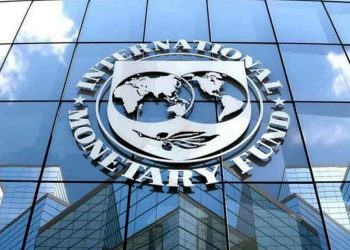The government intends to borrow a record amount of Rs10.36 trillion through treasury bills and bonds between June and August to plug the budget deficit amid low revenue collections and dried-up foreign currency inflows.
The majority of the planned borrowing for the three months would be done through Market Treasury Bills (T-bills) with maturities of three, six, and 12 months. The government will raise Rs8.70 trillion via the short-term paper auctions, according to the auction calendar issued by the central bank on Thursday.
The sale of Pakistan Investment Bonds (PIBs) with fixed and floating rates will allow the government to borrow Rs1.66 trillion. Due to insufficient inflows of external loans, the centre was forced to borrow significantly from domestic banks to meet its rising financing demands. Months passed with no progress on the bailout package from the International Monetary Fund (IMF).
As a result of the low revenue and the high expenditure requirements, the government was compelled to incur higher domestic debt. Pakistan’s public debt reached Rs58.6 trillion at the end of April, compared with Rs43.705 in the same period last year. The biggest contributor to the country’s total debt is domestic debt, which stood at 43% of gross domestic product.
At the end of April 2023, the domestic debt surged by 26.4% year-on-year to Rs36.549 trillion. The domestic debt rose by 17.57% during the 10 months of this fiscal year.
The budget deficit fell to 4.6% of GDP in the 10 months of the current fiscal year from 4.9% a year earlier. The primary balance has been reverted from a deficit of Rs890.2 billion in July-April FY22 to a surplus of Rs99.1 billion in July-April FY23.
Tax revenues rose 17% year-on-year in July-March FY23 to Rs5.6 trillion despite imports compression led by the imposition of new taxes and increased administrative measures.
Analysts expect the budget deficit to clock in at 6.3% of GDP in the current fiscal year, compared with 7.9% a year earlier. The government’s rising borrowing requirements have another cause. The overall public sector development plan and current expenditure are anticipated to increase by 111% and 15% year-on-year in the ruling party’s final budget before the election.
The 2023-2024 fiscal year budget is scheduled to be released on June 9 (today). Prior to the elections, this increase in spending tries to win over the public’s support while also promoting economic growth and tackling crucial socioeconomic issues.

















































